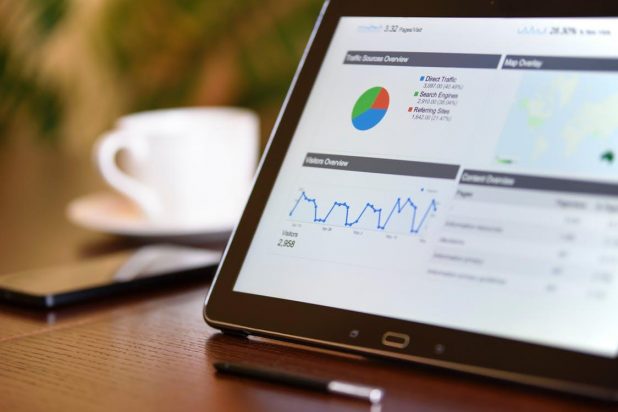The Internet has transformed our lives in more ways than one. Most of us—especially the young ones—can’t even remember what life was like without it. In fact, according to the latest studies, about half of the world’s population already have access to the internet, which means that there are about four billion Internet users all over the world. And that number is constantly increasing as more people use the Internet. There are so many reasons why to use the Internet: for entertainment, education, communication, and of course, e-commerce.
Most people have Internet access nowadays, allowing us to instantly connect without having to leave our desk. Can you even imagine the possibilities with such connectivity? Showcasing your wares, for instance, has been made much easier and can be marketed to a broader audience thanks to social media, email, online advertising, content marketing, and search engine optimization.
But what if you can collect all the e-commerce raw data and use this to your business’ advantage to help you make informed and ultimately better decisions when it comes to marketing your products/services online? This is what big data analytics is all about.
What exactly is big data?

Big data refers to the large amount of data or information you can gather on the net so that you can analyze it and use it to easily create a much more effective online content marketing strategy.
What “info” are we talking about? It’s actually all about your target demographic’s personal preferences and behaviors—how long they stay on various sites, their purchasing history, their clicking behaviors, their likes and needs, their shopping habits, their preferred payment method—pretty much everything that would help you get a hold of their wants and needs and use it to your advantage.
What can you do with big data?

If, for instance, you own an online store that sells a specific fashion brand, knowing the latest trends in your specific niche and understanding the buying behaviors of your target customers will make it easier for you to create content that would effectively entice more potential customers.
Aside from being able to create more appealing content for your target consumers, you can focus on providing your customers with what they want and need rather than blindly offering them with something they might not really want. In the end, you’ll be able to mitigate risks as you sell more while cutting on production costs.
Furthermore, the fact that you are able to get and analyze all the info you need allows you to monitor and even forecast the upcoming trends in your specific niche. This gives you the ability to make an early move to better your position against your competition, providing you with a great advantage.
Pulling the Right Data

Big data analysis doesn’t mean you have to collect, save, and analyze all the possible data available over the net. In fact, doing this would be a waste of time and it wouldn’t be beneficial to your business. That’s why pulling the right information and data off the net is as important as learning how to use Data Analytics Services.
So what specific data would you need to effectively utilize big data in marketing online? Here are some of the statistics you might want to look into:
Demographics – is knowing who your target customers are. Their gender, age, income bracket, and lifestyle preferences are just some of the information you would need to create effective content marketing.
For example, if you’re selling women’s lingerie online, you wouldn’t have to bother creating content intended for anything related to men’s underwear. Although you can still target, say, males in their 20s and 30s even if your products are specifically for women because they might be looking for an anniversary gift for their significant other.
Shopping habits – here’s one vital piece of information you would need to better understand your target market. Knowing what time they shop, how much time they spend shopping, which social media sites they prefer to look for products, and which payment method they prefer are just some of the most important factors you would have to look into to be able to adjust your content marketing strategy
Reviews and customer satisfaction – Reviews statistics play a huge role in how potential customers would react to your website—especially when it comes to e-commerce. That’s because most, if not all, would shun away from your site if they read a not-so-favorable review of your customer service. Furthermore, good customer service means more profit for your business. This means that for your business to succeed in this competitive world, customer retention is key.
Using the Right Tools

With the growing number of Internet users and the huge amount of data you can mine from it, gathering info and analyzing it can be intimidating. But with so many software and tools available on the market (some of which, we are happy to say, are even free!), big data analytics does not have to be so complicated. Most of these tools use charts and graphs in their analysis so you can better visualize the reports, allowing you to handle large amounts of data easily and efficiently. Here are some of the free data analytics tools you might want to look into:
- Hadoop
- R Programming Tool
- Apache SAMOA
- High-Performance Computing Cluster (HPCC Systems)
- Cassandra
- Apache Storm
- RapidMiner
- MongoDB
- Neo4j
- Google Analytics
- Apache Spark
The Lowdown

As we pointed out earlier, for you to be able to thrive in the data-driven world of e-commerce, you must be proactive in keeping up with the times. That’s why it is imperative to implement strategies based on big data analytics because in the digital world not doing so literally means you’re not taking advantage of all the available resources that could possibly help you take your business to new heights.





